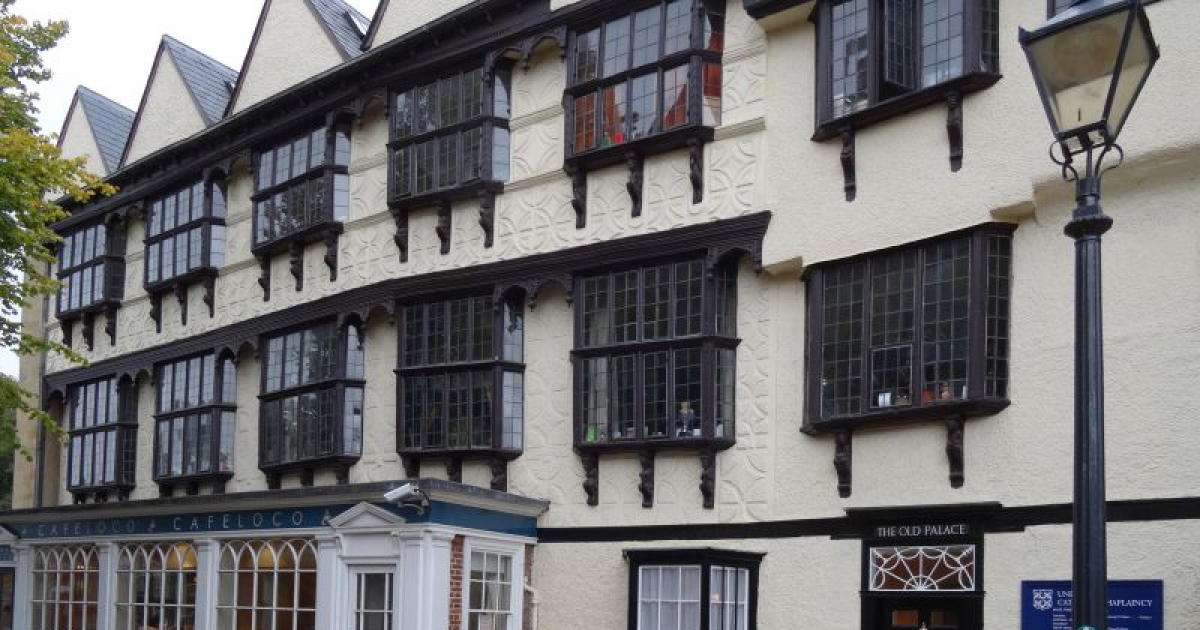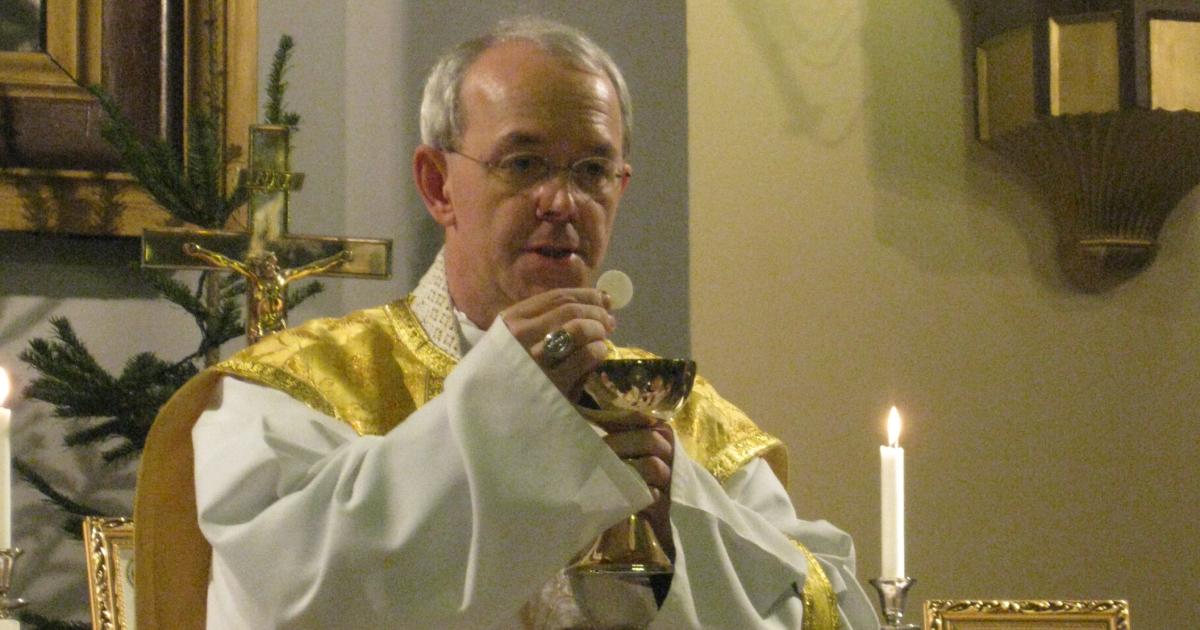The number of women under 18 seeking abortions in England and Wales has almost halved over the past ten years, alongside a significant increase in pro-life attitudes among the UK’s young people.
Figures from 2022, the most recent available data, show a sharp decrease in the number of women under 18 obtaining abortions. In 2012, the rate stood at 12.8 per 1,000 women; by 2022, it had fallen to 7.6, a 41.1 per cent decrease. This mirrors a wider reduction in the conception rate, which stood at 13.2 per 1,000 women in 2021 — a steep drop from 30.9 in 2011. The decline is likely due to a combination of factors, including teenagers becoming sexually active later and greater access to contraception.
However, the overall number of abortions in England and Wales has risen sharply in recent years, with the 2022 figure the highest since abortion was introduced in 1967 — a 17 per cent increase on the previous year.
The UK has also seen an unprecedented crackdown on pro-life activity. Under the Public Order Act 2023 (England and Wales), the government created a new offence covering certain behaviours within 150 metres of an abortion clinic. The government’s guidance on the law includes prohibitions against “silent prayer” and “holding vigils”, leading many to label it a form of “thought crime”.
Related: Police continue to intimidate Isabel Vaughan-Spruce for 'thinking' outside abortion centre
Related: Silent thought, loud control: the lurid rise of 'thought crime' in modern Britain
Despite these restrictions, pro-life sentiment in the UK appears to be growing. The annual March for Life UK, which began with only a few hundred demonstrators a decade ago, drew more than 10,000 participants to the streets of London this year.
A recent Ipsos poll found that women aged 16–34 are significantly more likely to hold pro-life views than their older counterparts: 26 per cent of young women said abortion should be illegal in all or most cases, compared with just 13 per cent of women aged 55–75.
Among men, the contrast was even starker, with only 46 per cent of those aged 16–35 supporting abortion, compared with 82 per cent of men aged 55–75.
The UK currently has some of the most liberal abortion laws in the world. Abortion is effectively available on demand up to 24 weeks, and up to birth in cases of disability.
While it is unlikely the law will change soon — the current Labour government being broadly pro-abortion — the party remains deeply unpopular and trails the populist Reform UK by more than ten points in the polls. Although Reform UK is not formally pro-life, it is generally viewed as more sympathetic to the cause. Its leader, Nigel Farage, has strongly opposed the assisted suicide bill currently before Parliament, describing the UK’s extreme abortion provisions as “utterly ludicrous” and “totally out of date”.
The shifting political climate, combined with an increasingly pro-life younger generation, may yet see the United Kingdom — the first country in Western Europe to legalise abortion on broad social and medical grounds — become a bastion of pro-life progress in the years ahead.





.jpg)




.jpg)
.jpg)

.jpg)



